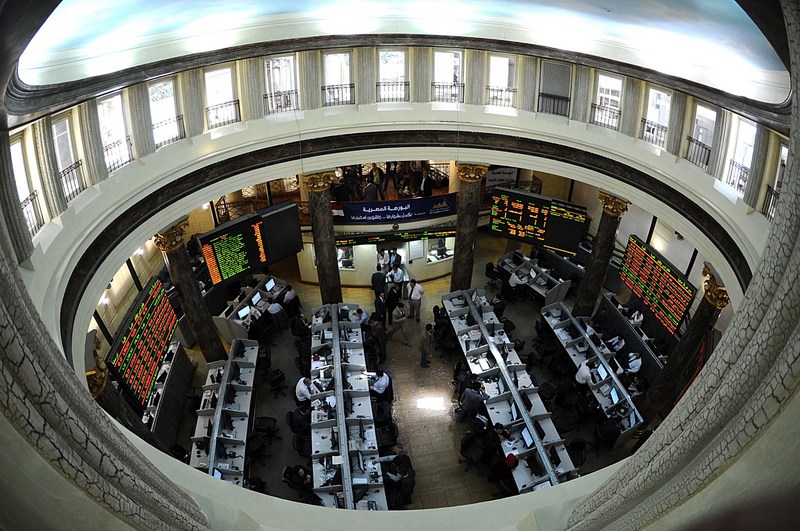Hala El-Said, Minister of Planning and Economic Development, Yasmine Fouad, Minister of Environment, Hisham Amin, Minister of Local Development, and Mukhtar Abdel Latif, Chairperson of the Arab Organization for Industrialization, finalized agreements for the fifth phase of the solid waste management system’s basic infrastructure across the governorates of Matrouh, Beheira, Damietta, Sharqeya, and Giza.
These contracts encompass the construction of five secure sanitary landfills in Brani City, Matrouh, and sanitary burial cells in Badr City, Beheira; Abu Jaridah, Damietta; Belbeis, Sharkia; and the Shubramant site, Giza, totaling EGP 480 million.
The Arab Organization for Industrialization is tasked with executing these projects in line with the technical specifications and approved detailed drawings, alongside clearing over 500,000 tonnes of accumulated waste from various landfills in the governorates, for an additional EGP 85 million.
El-Said highlighted the pivotal role of the waste management system in achieving environmental development goals, aligning with the UN objectives and Egypt’s Vision 2030, and its contribution to the sustainability of environmental resources. The Ministry of Planning supports this new system, ensuring its high-quality implementation following Egypt’s shift towards a green economy.
She underscored the ministry’s dedication to incorporating environmental and climate considerations into national planning, evidenced by the launch of the Environmental Sustainability Standards Guide, greening the investment plan, and aiming to increase green public investments from 15% in 2021 to 40% in 2023, and further to 50% by 2025.
The new system is expected to generate clean energy through recycling and create numerous job opportunities for the youth.
Minister Fouad stressed the significance of the fifth phase contract for municipal waste management infrastructure, covering fiscal years 2023 to 2025, which includes several new sanitary landfill projects that will boost the efficiency of waste management across the mentioned governorates.
Fouad detailed the ministry’s involvement, which includes engaging a specialized consultancy for technical specifications and executive drawings, participating in the technical committee for quality assurance of the works, preparing tender documents and specifications for post-construction operations, and providing ongoing environmental technical support to ensure the projects’ success.



